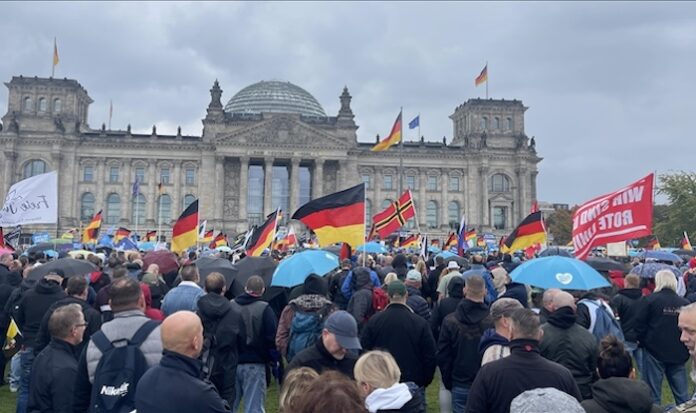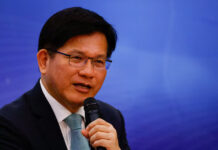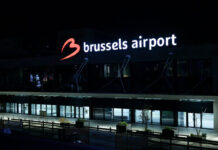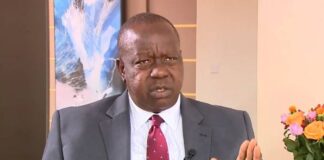Written By Lisa Murimi
Germany’s far-right Alternative for Germany (AfD) party has secured a “historic success” in Thuringia, winning nearly a third of the vote in the eastern state’s recent election.
The result, nine points ahead of the conservative CDU, marks the AfD’s first win in a state parliament election since World War Two, though it remains unlikely to form a government due to the refusal of other parties to collaborate.
Björn Höcke, the AfD’s controversial top candidate in Thuringia, hailed the victory as a significant milestone.
While he did not win a direct mandate, he secured a seat in the state parliament through his party list position.
Höcke, who has faced legal trouble for using Nazi slogans, emphasized the importance of the AfD’s rise in the region.
Chancellor Olaf Scholz expressed dismay over the results, calling them “bitter” and warning that the AfD’s success poses a threat to Germany’s economy, societal unity, and global reputation.
The election has intensified concerns about the mainstreaming of far-right ideologies in Germany, with many voters citing immigration and asylum issues as pivotal to their support for the AfD.
As the party’s influence grows, the political landscape in Germany’s eastern states faces increasing polarization.



















